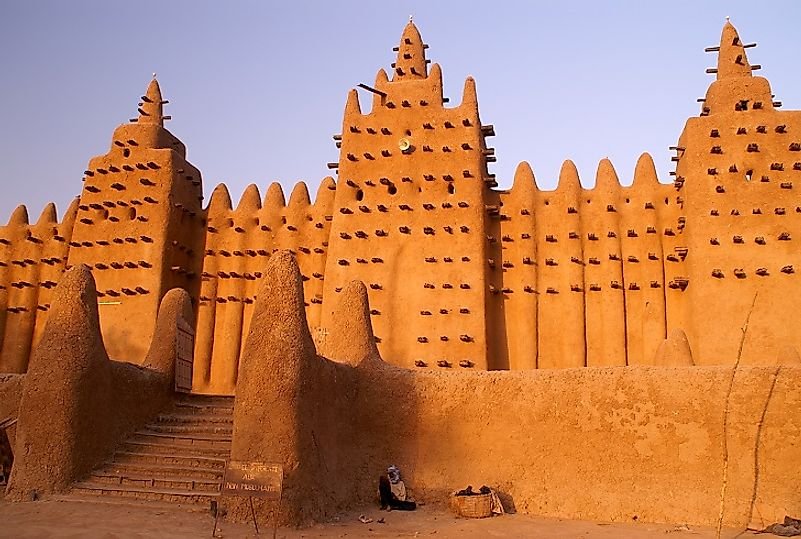Critically discuss the factors that enable King Moshoeshoe to build his Basotho kingdom:
The Making of the Basotho Kingdom: A Critical Analysis of King Moshoeshoe’s Leadership
King Moshoeshoe I, the first monarch of the Basotho people, ruled from 1822 to 1870. His reign marked a significant era for the Basotho people as he successfully built and maintained a unified Basotho kingdom amidst the turbulence of the Mfecane wars and the encroachment of European settlers. This article critically discusses the factors that enabled King Moshoeshoe to build his Basotho kingdom.
The Factors that Enable King Moshoeshoe to Build His Basotho Kingdom
The factors that enabled King Moshoeshoe to build his Basotho Kingdom were his diplomatic skills, strategic leadership, openness to adaptation, vision for unity, and respect for Basotho traditions. His diplomacy helped him negotiate peacefully with neighboring clans and European settlers, preventing unnecessary warfare. His strategic leadership was evident in his choice of Thaba-Bosiu as his capital, a location that provided natural defense. His willingness to adopt new ideas and technologies, such as European innovations like horses and firearms, strengthened his kingdom, while his vision of a united Basotho nation brought diverse groups together. Lastly, his respect for Basotho traditions helped him maintain the loyalty and respect of his subjects, which played a crucial role in the stability of his kingdom.
1. Diplomacy and Negotiation
King Moshoeshoe was renowned for his diplomatic skills. Rather than opting for warfare as the first choice to settle disputes, he preferred peaceful negotiation. He understood the importance of alliances and worked to create friendly relations with neighboring clans, tribes, and later, with the Europeans.
During the difaqane (Mfecane) wars, a period of widespread chaos and warfare among African ethnic communities in southern Africa during the period between 1815 and about 1840, King Moshoeshoe offered refuge to the displaced people, irrespective of their clan affiliations. This action expanded his kingdom and fostered a sense of unity among diverse clans.
His negotiations with the British and the Boers, in a period marked by colonization, allowed him to maintain significant control over his kingdom and the Basotho people.
2. Strategic Leadership
The king was a strategic leader who knew the importance of geographical advantage. He established his capital, Thaba-Bosiu, on a mountainous plateau, which provided natural defense against attacks. This location allowed the Basotho people to withstand sieges, notably the attacks during the Free State–Basotho Wars.
3. Adoption and Adaptation
King Moshoeshoe was open to adopting new ideas that could benefit his people. He saw the utility of European innovations, including horses and firearms, and adopted them, thus strengthening his military capabilities.
Additionally, he was receptive to Christian missionaries because he saw the potential benefits – literacy, technological advancements, and another layer of protection against the colonial forces. However, he resisted attempts to completely convert his kingdom to Christianity, maintaining a balance between preserving local culture and embracing useful foreign ideas.
4. Vision for Unity
Perhaps one of the most defining aspects of King Moshoeshoe’s rule was his vision for unity. He saw the Basotho people not as separate clans, but as one unified nation. This vision allowed diverse groups to come together and create a common identity as the Basotho people. His efforts to consolidate various clans into one nation were instrumental in shaping the Basotho Kingdom.
5. Respect for Basotho Tradition and Customs
Despite his openness to foreign ideas and modern weaponry, King Moshoeshoe remained deeply rooted in the customs and traditions of the Basotho people. He leveraged the traditional council, the Pitso, to involve the community in decision-making processes. He used the Khotla, a traditional court, to administer justice. His respect for tradition earned him the loyalty and respect of his subjects.
The creation of the Basotho Kingdom under King Moshoeshoe was a result of his diplomatic acumen, strategic leadership, receptiveness to adaptation, vision for unity, and respect for Basotho traditions. His rule marked an era of relative peace and stability for the Basotho people, despite the prevailing chaos in the region during the period. This unique blend of attributes firmly cements King Moshoeshoe’s place in history as a remarkable and wise leader.






